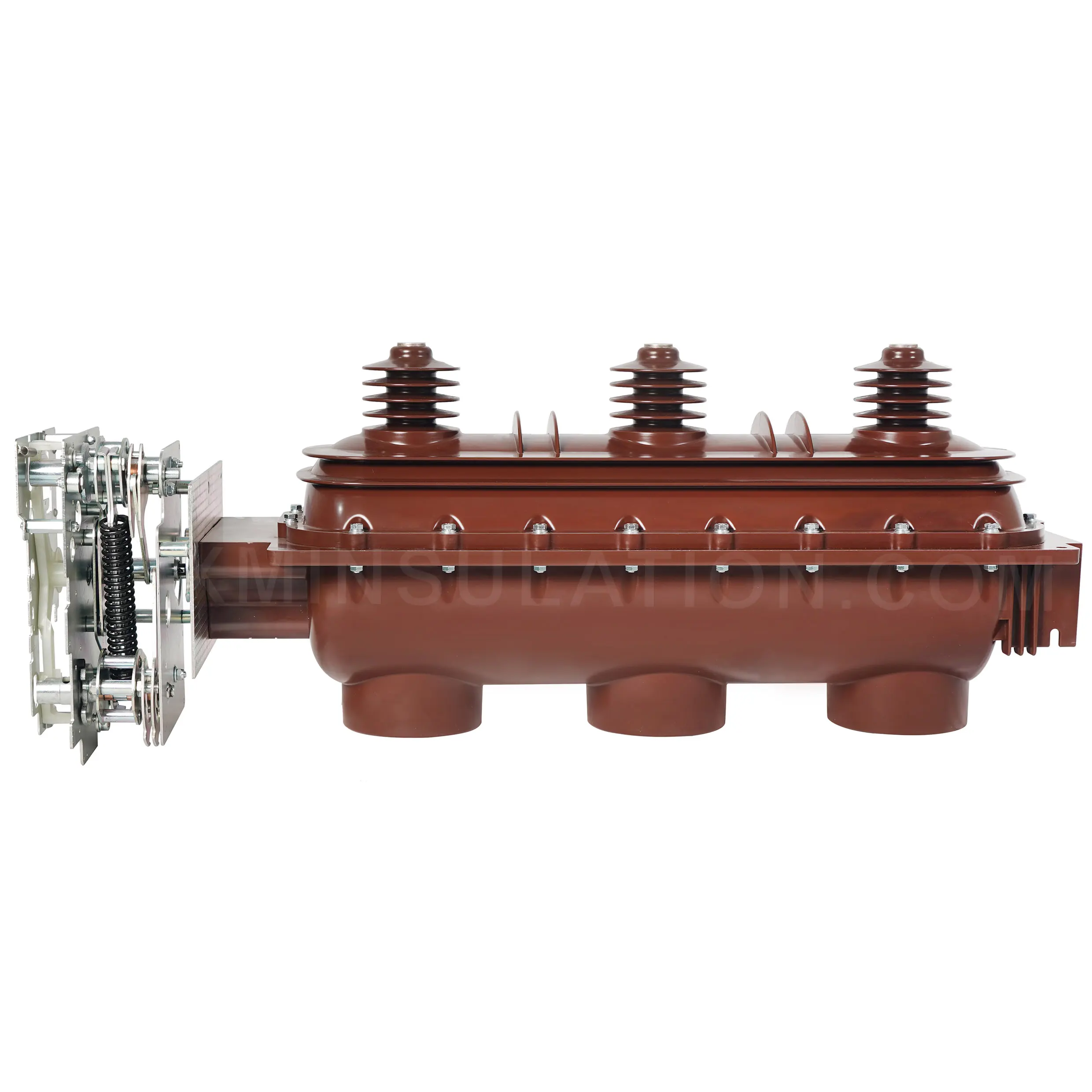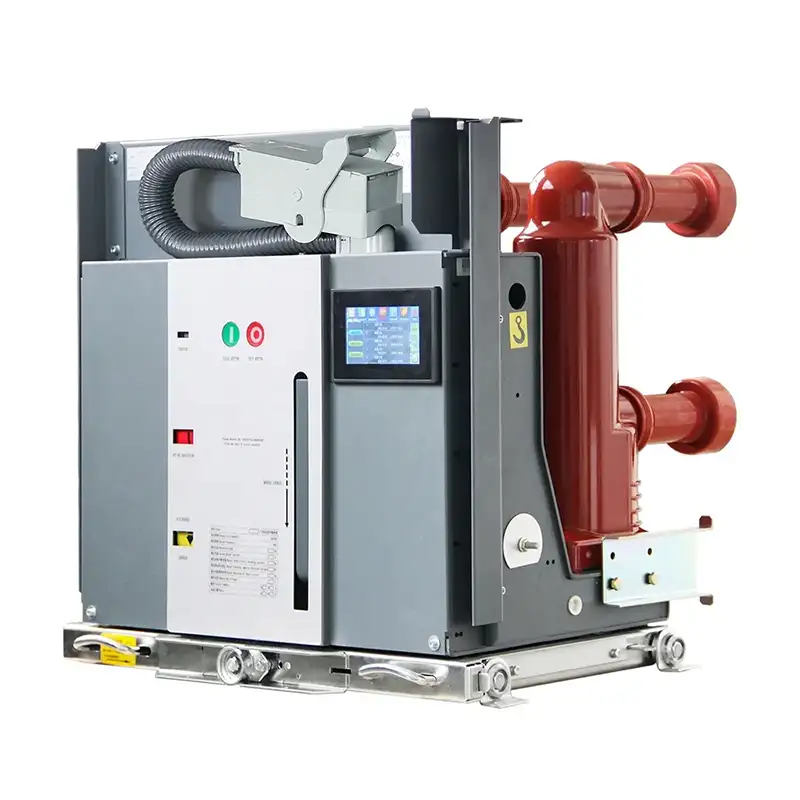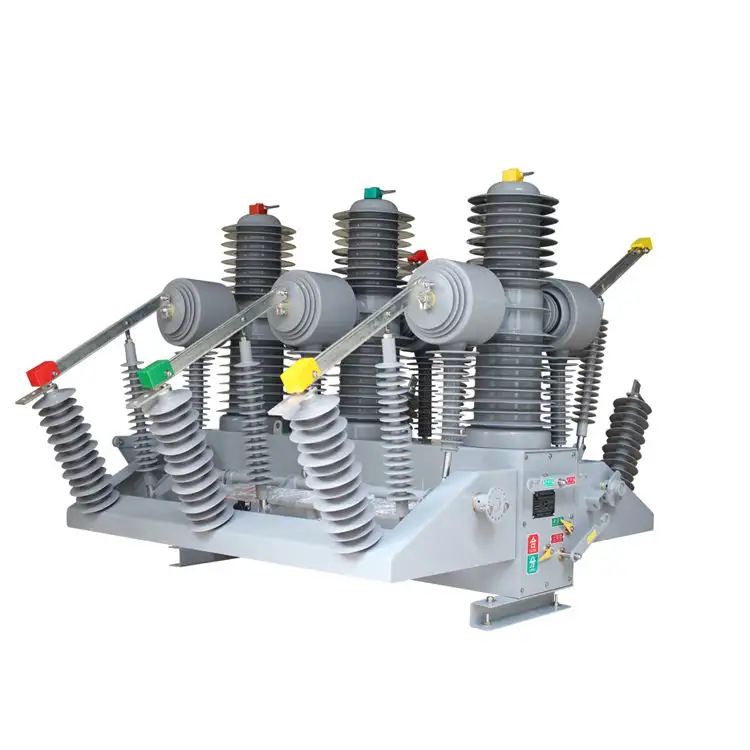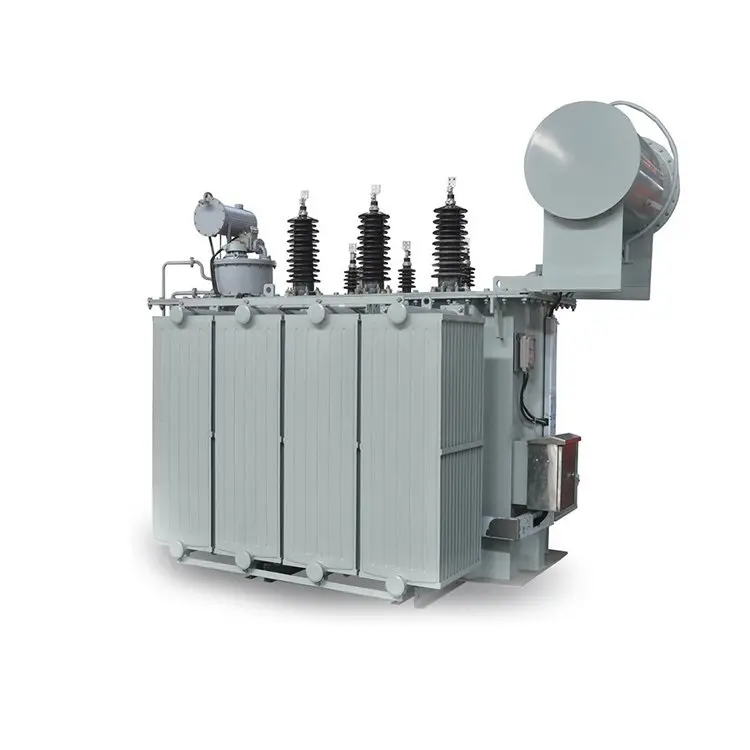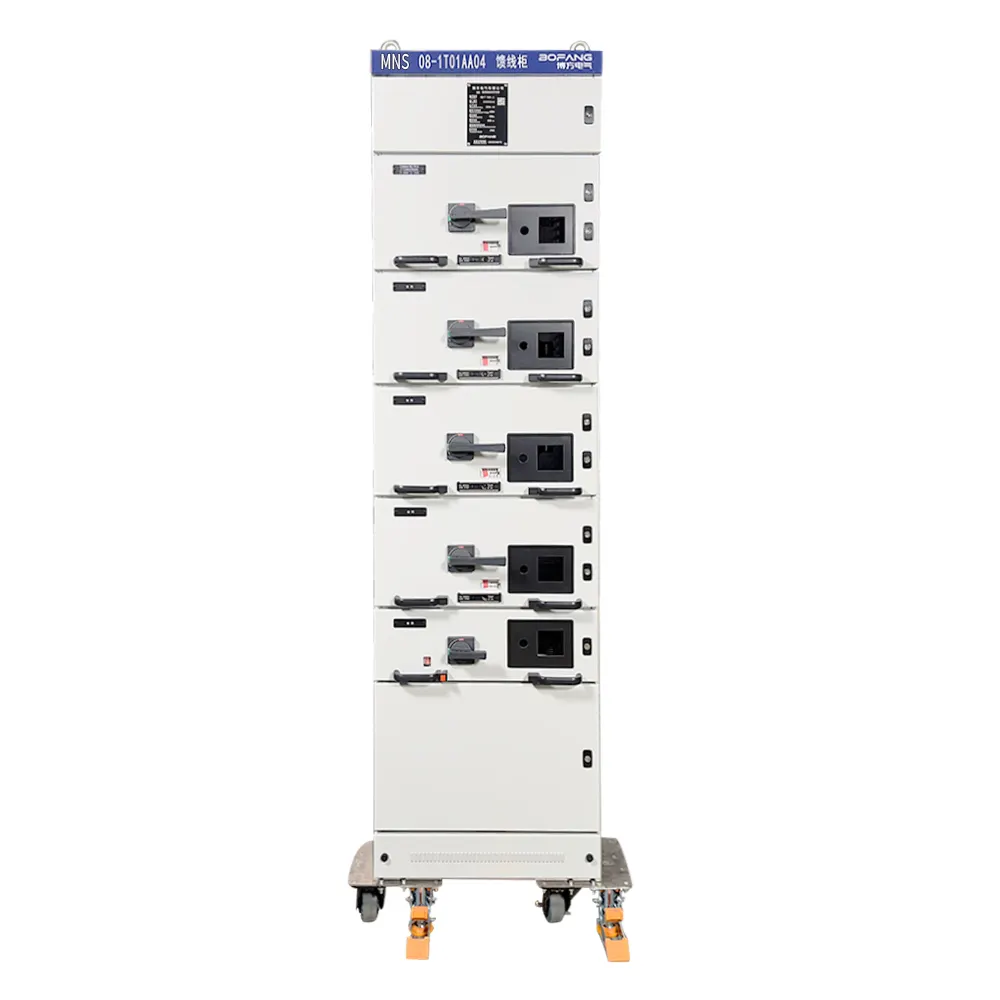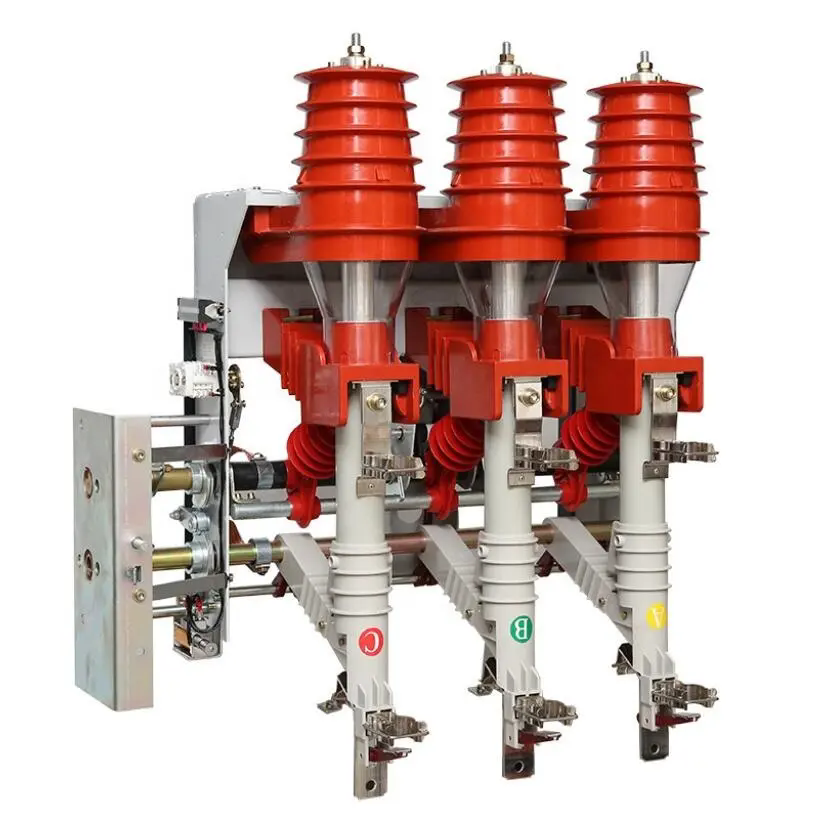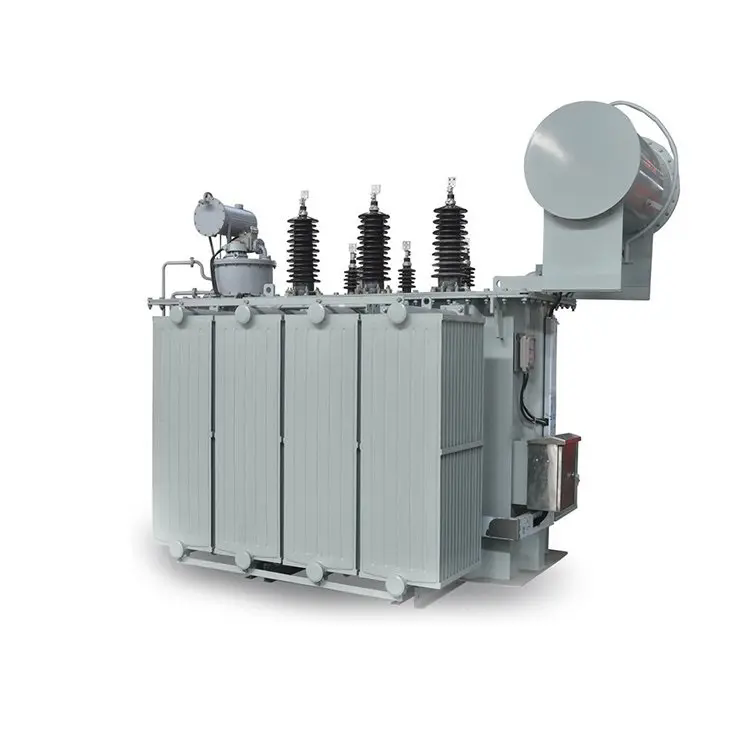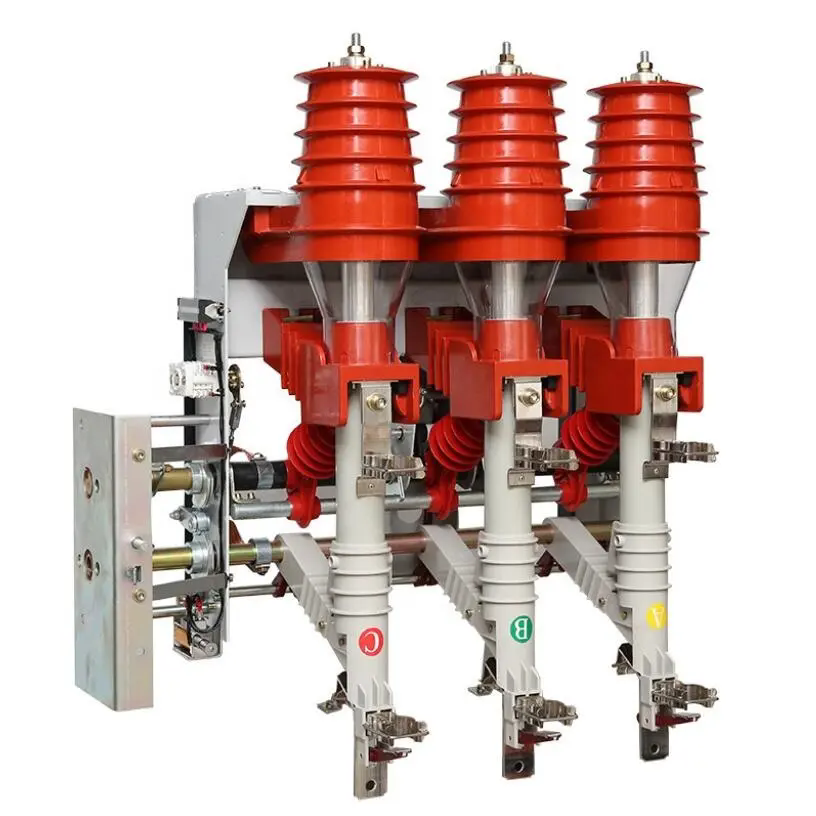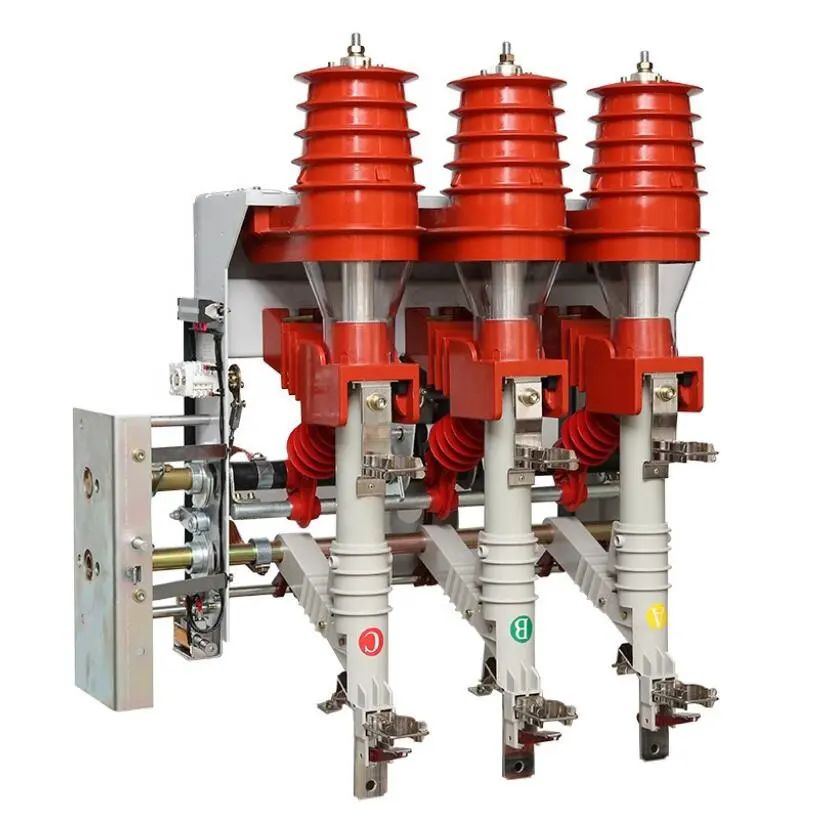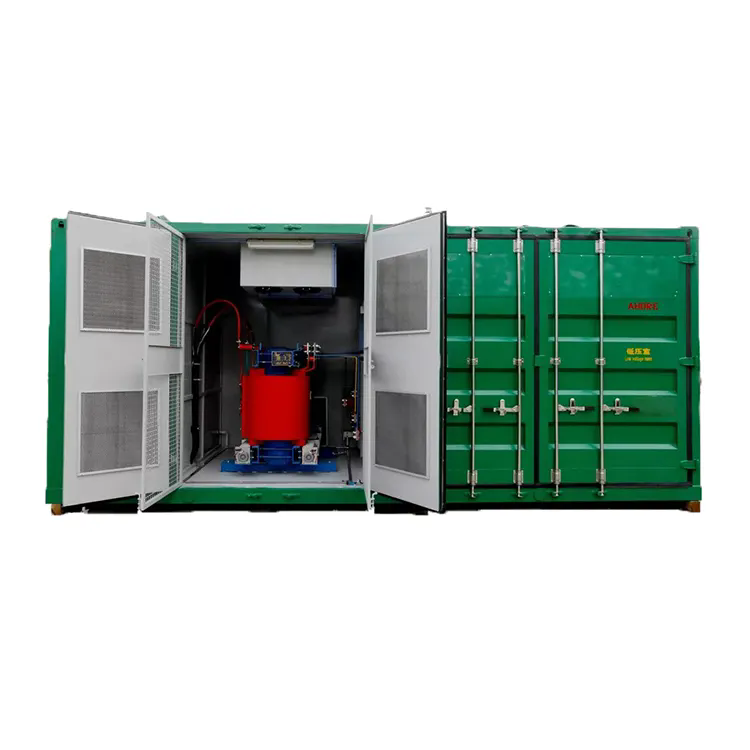What Does an RMU Do in a Transformer System?
Understanding the Role of RMU in Transformers
A Ring Main Unit (RMU) is a critical piece of switchgear equipment used in medium-voltage power distribution networks. In transformer applications, RMUs serve as the first line of defense by providing essential functions such as fault isolation, load management, and protection for transformers.
Transformers are integral to power distribution, as they step up or step down voltage levels. However, without RMUs, transformers could be exposed to faults that could cause significant damage. RMUs control the flow of electricity and ensure that faults in one part of the network do not affect the entire grid, especially transformers.
RMUs act as a protective barrier for transformers. If a fault occurs, the RMU detects it and isolates the section affected, allowing the rest of the electrical network to continue functioning smoothly. This ability to quickly detect and address faults is essential in modern power systems, where uninterrupted electricity is vital for daily operations in residential, commercial, and industrial areas.
How RMUs Protect Transformers
The primary function of RMUs in transformer protection is fault isolation. RMUs detect electrical faults, such as short circuits or overloads, and isolate the affected section of the grid. This action ensures that the transformer remains safe from further damage. Without RMUs, faults could spread, affecting transformers and other critical infrastructure in the grid.
Fault Isolation: When a fault occurs, the RMU automatically isolates the faulty section and prevents the issue from propagating through the network. This is essential in preventing damage to transformers, which could otherwise lead to expensive repairs or replacement.
Restoration of Service: After the fault is isolated, RMUs help restore service quickly. RMUs can redirect the power flow through other available routes, minimizing downtime and ensuring continuous electricity supply.
In the absence of RMUs, power systems would face significant challenges in isolating faults and protecting transformers. The quick response time of RMUs is what makes them indispensable in today’s electrical networks, preventing transformer damage and ensuring the stability of power distribution systems.
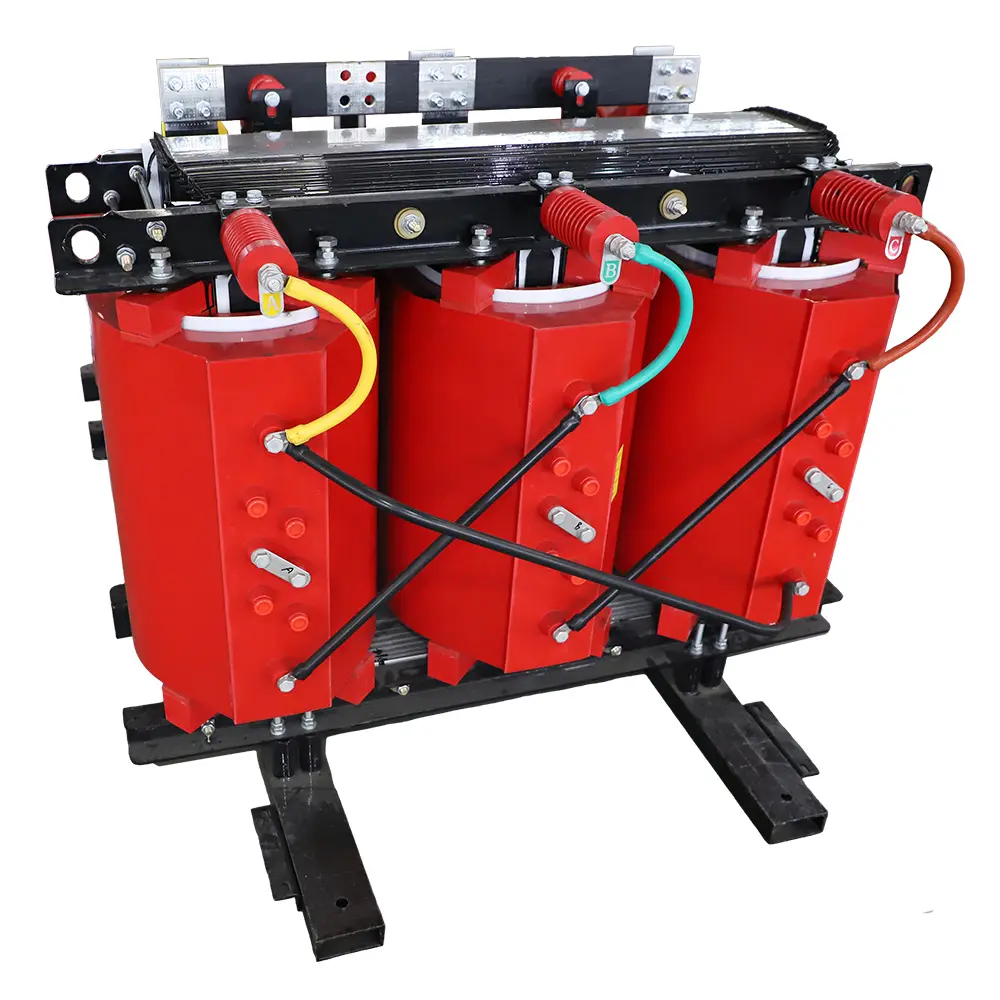
Key Benefits of Using RMUs in Transformers
Transformers are designed to handle specific loads. Overloading can lead to transformer failure, so it is essential to balance the load across the transformers. RMUs play a crucial role in load management by distributing the electrical load evenly, ensuring that no single transformer is under excessive stress.
Balanced Power Load: RMUs automatically adjust the flow of electricity to ensure that power is distributed equally across all transformers in a network. This helps prevent any transformer from being overloaded and ensures that all transformers operate within their safe capacity limits.
Efficiency: RMUs help optimize transformer performance by maintaining load balance, which leads to more efficient energy use. By ensuring transformers are not overloaded, RMUs contribute to energy conservation and reduce the operational costs associated with transformer failure and inefficiencies.
If you are interested in our products or have any questions, please feel free to contact us.
- How can an Electrical Substation become the most reliable asset in my grid?
- How Did I Cut Risk And Cost With An Oil Immersed Transformer Upgrade?
- Which Transformer Derivatives Solve Harmonics At EV Fast Charging Sites?
- How Does a Circuit Breaker Protect Your Power System?
- Are You Using the Right Circuit Breaker for Your Application?
- Why Is the Compact Substation Revolutionizing Modern Power Distribution?

